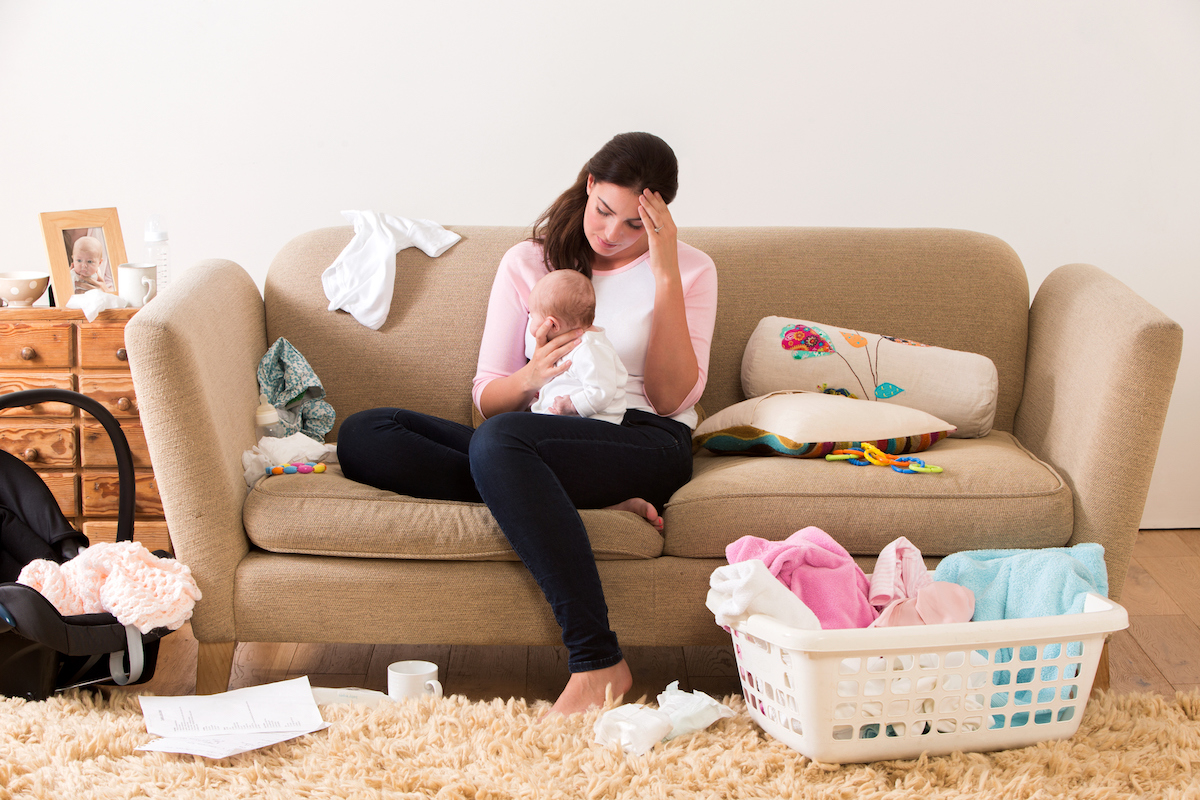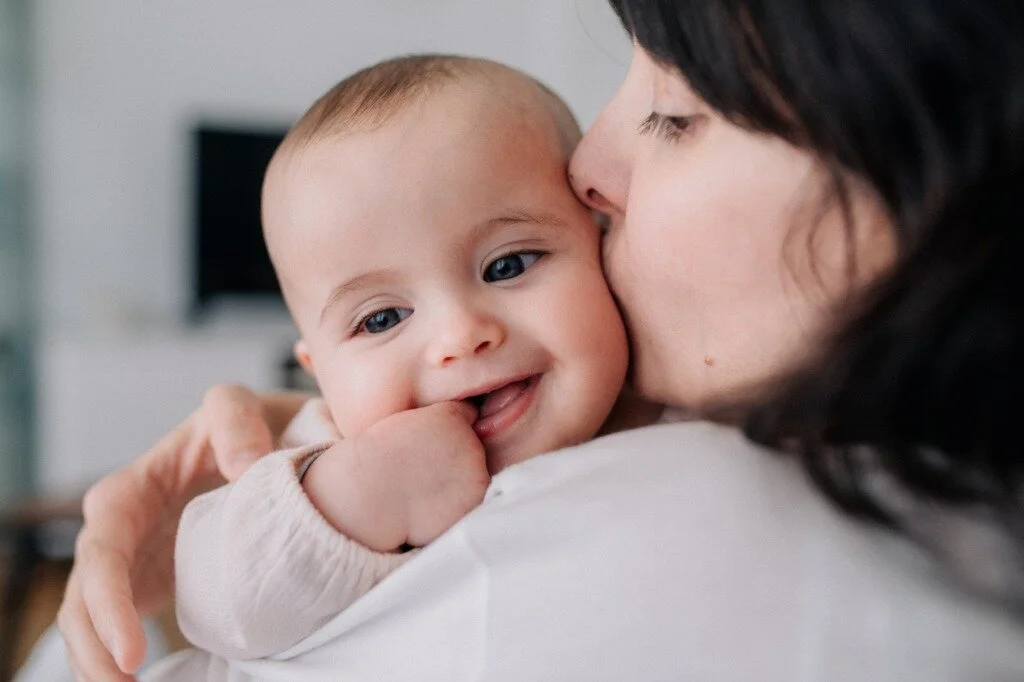How Do You Know if You're Eating Enough As a New Mama?
I see you, mama. Soothing a crying baby, while the laundry and dishes seem to grow in size and number. You’ve reheated your coffee a few times already and have finally settled for just drinking it cold. Breakfast may have been a hard piece of bread that sat in the toaster while you fed your baby. Your to-do list and phone notifications are blowing up while you figure out how to get the baby down long enough to sneak in a shower.
Motherhood changes you. Things that used to be done with little thought and effort can suddenly become difficult tasks post-baby, like feeding yourself or getting ready for the day.
One of the most challenging things I found to do as a new mama was simply sit down and eat a nourishing meal. Between nursing the baby, and carrying the baby, and nursing the baby, hours would pass before I realized I hadn’t fed my body something decent.
In the early days, being in survival mode with a newborn often meant snacking on whatever I could find around the house that was easiest to access. My criteria for food became whatever I could eat with one hand, while balancing a baby in the other.
Importance of Postpartum Nutrition
For many moms, this is a common experience. Self-care often becomes an afterthought, pushed to the backburner when a new baby enters the picture. This includes everything from feeding our bodies adequately, exercise and movement, even maintaining daily hygiene.
Sadly, it’s far too easy to neglect nutrition during one of the most critical time periods for nourishment. Recovering from childbirth and breastfeeding are physically taxing on the body.
Repleting nutrition stores through balanced meals and snacks is one of the most basic yet neglected needs we have as new mamas. Research has found that the depletion of nutrient reserves throughout pregnancy and a lack of postpartum recovery may increase a woman’s risk of depression.
Neglecting self-care and adequate postpartum nutrition can lead to a crash-and-burn in the long-run. How we care for our bodies physically, especially after childbirth, also impacts how we feel emotionally and mentally.
Making sure you are eating enough as a new mama is foundational to your overall health and ability to nurture and care for your precious little one.
Signs of Poor Nutrition Postpartum
You may not be getting enough to eat as a new mom if you find yourself experiencing any of the following signs and symptoms:
Feeling sluggish, lack of energy, and chronically fatigued
Recurring headaches
Lethargy
Poor concentration and memory
Feeling irritable and/or angry
Difficulty coping with changes
Poor healing following childbirth
Feeling dizzy, loss of balance
Taking an honest look at how you are feeding and caring for your body is important. It may be hard to distinguish these signs from general postpartum recovery symptoms; however, if you are experiencing any of these, it’s necessary to examine if poor nutrition may be the culprit.
Prioritizing Nutrition as a Busy Mom
Mama, you are giving everything to your little one, even at the expense of your own health and self-care. How many countless times have you stuck something in the microwave to eat, only to come back hours later to find it, stale and cold?
You don’t have to sacrifice your nourishment in caring for your baby.
In fact, learning how to better nurture yourself can help you thrive through motherhood, rather than feeling like you are just trying to get by, day after day.
Yes, parenting is hard. The physical process of growing a baby takes a significant toll on your physical health and well-being. Prioritizing your nutrition and learning how to feed your body well are essential to helping you recover.
Learning to regularly practice self-care is a new challenge in postpartum and the motherhood journey. If you find yourself struggling with this, know that you don’t have to do this alone. By connecting with professional support, you can have better tools, resources, and accountability for caring for yourself during this season of life.












